Young professionals gather for Chester briefing
 Chester’s “Brexit-proof” residential market, its tourist appeal, and the opportunities of the next tech revolution were the topics discussed at Chester Growth Partnership’s event for Manchester young property professionals.
Chester’s “Brexit-proof” residential market, its tourist appeal, and the opportunities of the next tech revolution were the topics discussed at Chester Growth Partnership’s event for Manchester young property professionals.
See below for images and presentation
Guy Butler, director of developer Glenbrook and chairman of Chester Growth Partnership, opened the drinks reception aimed at under-30s, held at Grant Thornton’s Manchester office: “You may wonder why we’ve come to Manchester to talk Chester, but it’s to tell you that we’re open for business. When you do business, think of Chester.”
Butler enthused about Chester’s varied opportunities for the North West’s property community: its large zoo, cathedral, rich business history as the headquarters of MoneySuperMarket, BNY Mellon, and Virgin Money, and the expansion of its culture and retail offer being brought forward at Storyhouse and the £300m Northgate development.
The appeal of Chester was reflected in its “Brexit-proof” residential market, according to Charlie Kannreuther, director in Savills’ Chester office. Demand from downsizers for the limited stock within the city walls resulted in house prices reaching 15% more than the 2007 peak, he said. The market is dominated by premium properties, such as Georgian terraces, Edwardian villas, with limited new-build homes. This has led to office-to-residential schemes getting sales of up to £400/sq ft, and Dee Hills Park, a new development on the waterfront, getting off-plan sales of up to £600/sq ft.
Andrew Thorpe, associate director in Savills’ Wilmslow office, said that the Chester housing market was also seeing an increase in relocations from London and the South East. “Four times more buyers registered in the Savills’ Windsor office with interest in coming North, compared to last year,” he said.
Unlike city centre housing, rural markets have seen little recovery, with house prices still 10% below peak. “Land is also not commanding the premium it once did,” said Thorpe.
As 2016 draws to a close, the event was an opportunity to reflect on ideas likely to shape the property world and beyond next year. Managing director of Manchester Science Partnerships, owner of the 400-acre Alderley Park in Cheshire, Thomas Renn acknowledged that “2016 has been a bit crazy”, and pointed to a change into a “VUCA world”, a Cold War army term meaning “volatility, uncertainty, connection, ambiguity”.
Renn was positive about the opportunities presented by the evolving social and business landscape, as “the way that people are working and how we consume things is changing”. He pointed to the rapid growth of companies such as WeWork as proof of the market potential; the flexible workspace company has grown to hold a £10bn value in just six years. Expect more shake-up from the “sharing economy”, said Renn, epitomised by brands such as Airbnb and Uber which demonstrate you don’t have to own assets to disrupt a market.
A “second digital revolution” posed by the emergence of the Internet of Things was what Renn pointed to as most likely to impact the property sector.
While there are currently six billion smart phones, there will be 30 billion connected devices by 2020, said Renn. “The ability for everyday objects to have network connectivity, and send and receive data, means that all assets, and elements within assets, can be connected.” The possibilities presented to the property sector were vast, he said, with potential for energy efficient buildings, high-tech estate management, and user-focused city planning and transport processes.
“The technology may not sound that distorting, but businesses don’t even exist in these areas at the moment,” he said.
Katie Bailey and Amy Howse of Grant Thornton gave an overview of the current landscape for Stamp Duty Land Tax and VAT, using the Chester Central Business Quarter as a case study. In SDLT, they found that buyers of six or more properties benefitted from lower rates, while for VAT, there were various options for landlords to reclaim their tax, such as the Capital Goods Scheme, and reliefs on design-and-build arrangements.
View the presentations on Slideshare here
Click any image below to launch gallery
- Guy Butler, Glenbrook Property and Chester Growth Partnership
- Thomas Renn, Manchester Science Partnerships
- Thomas Renn, Manchester Science Partnerships
- Amy Howse, left, and Katie Bailey, Grant Thornton
- Andrew Thorpe, left, and Charlie Kannreuther, Savills


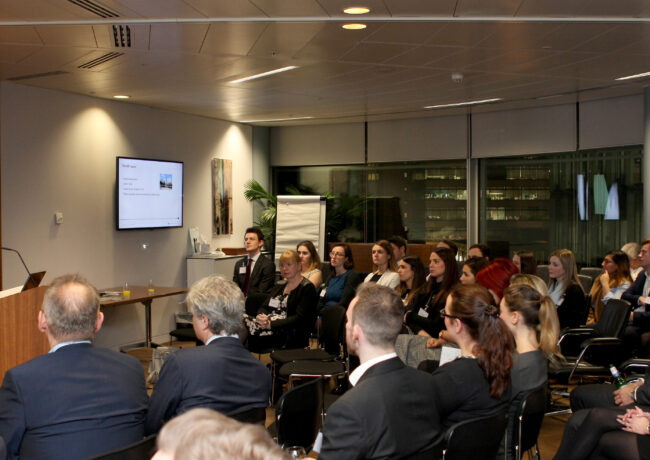

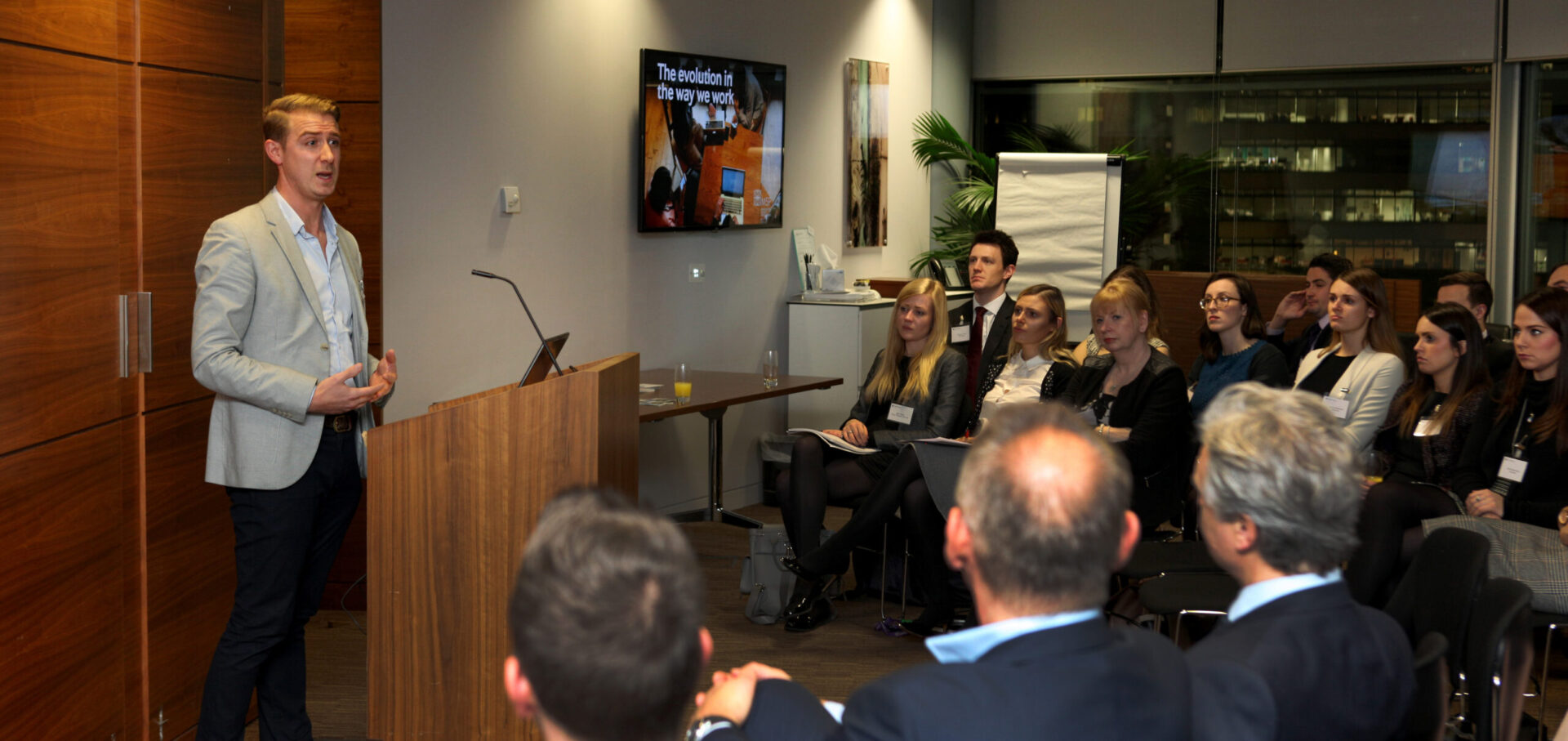


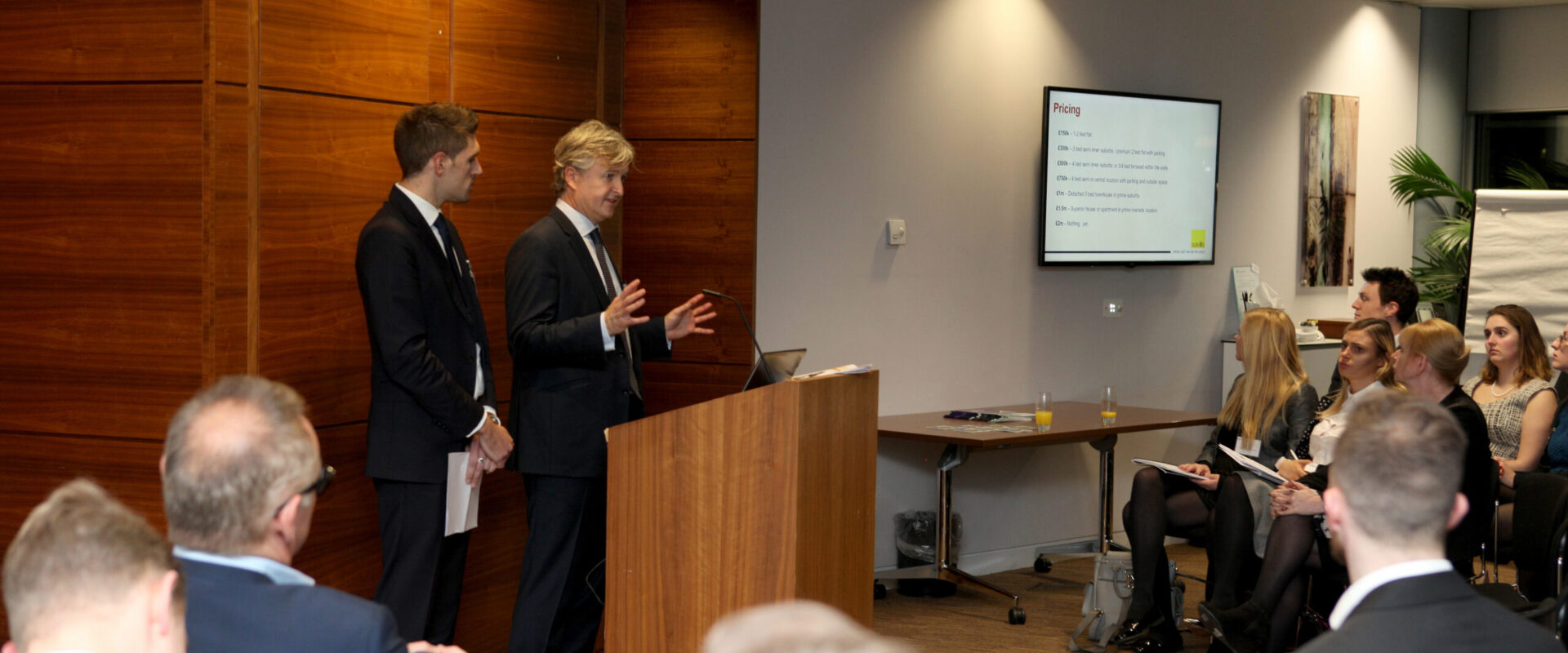



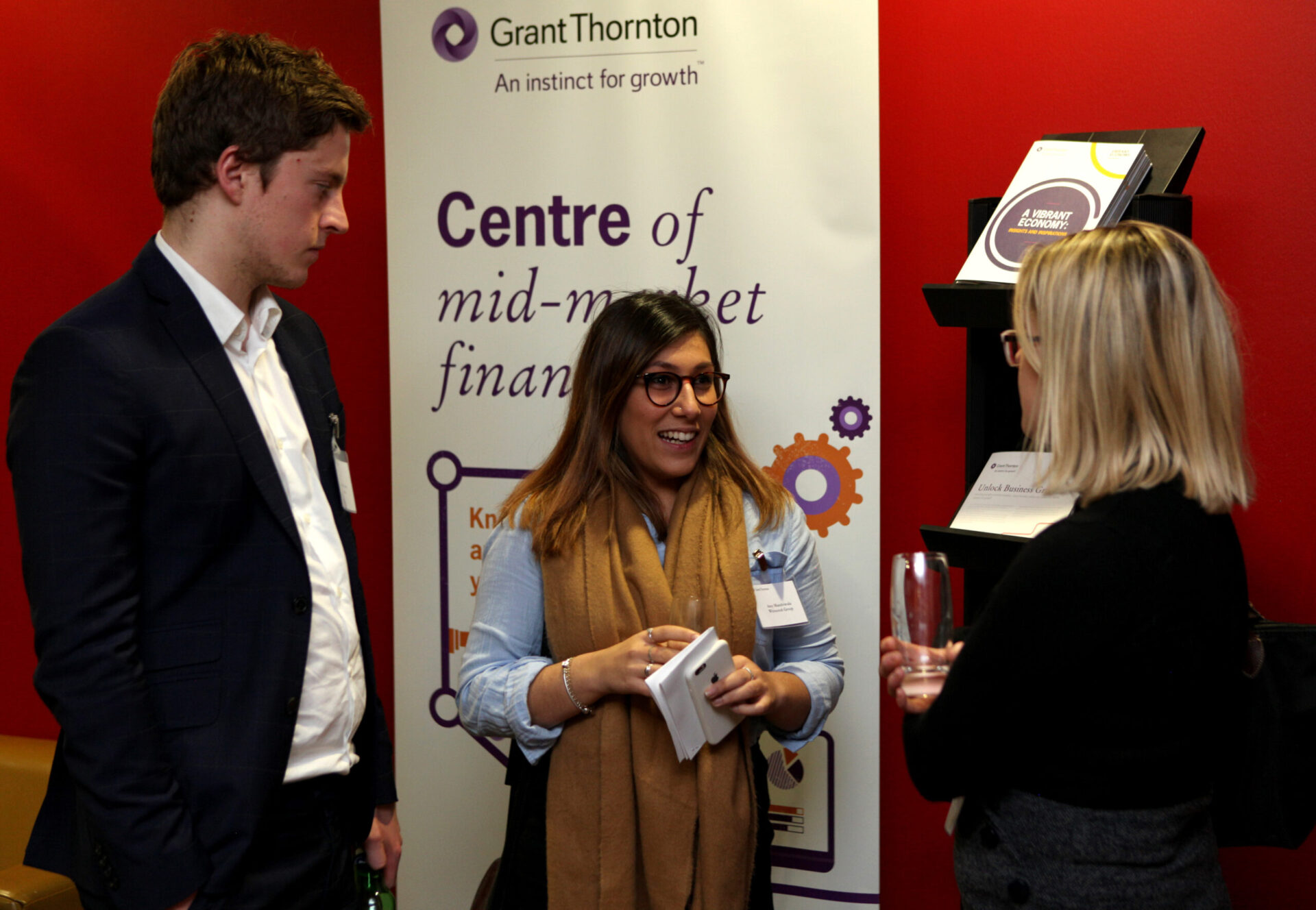



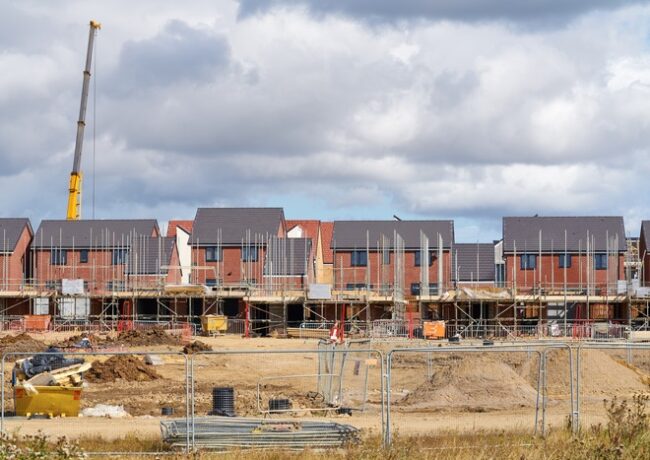
And Liverpool?
By Jane Harrad-Roberts
What counts as young?
By Curious
We need to liaise much better with Liverpool city region for transport and economic development. We join up with them! Chester controlled Liverpool’s port until late 17th c. and we’ve always been closely linked, but the transport is not joined up. Frankly we miss out, and both Chester and Liverpool would benefit from joint marketing for tourism and business development.
By Paul Blackburn
Good idea we hold this sort of event in Manchester. The strength in depth of that city’s professional services sector means it’s important to raise our profile there so we can gain access to knowledge, networks, finance and business opportunities – and visa versa. A mutually beneficial relationship which will hopefully only get stronger as ties between the two cities increase.
By Business for Chester